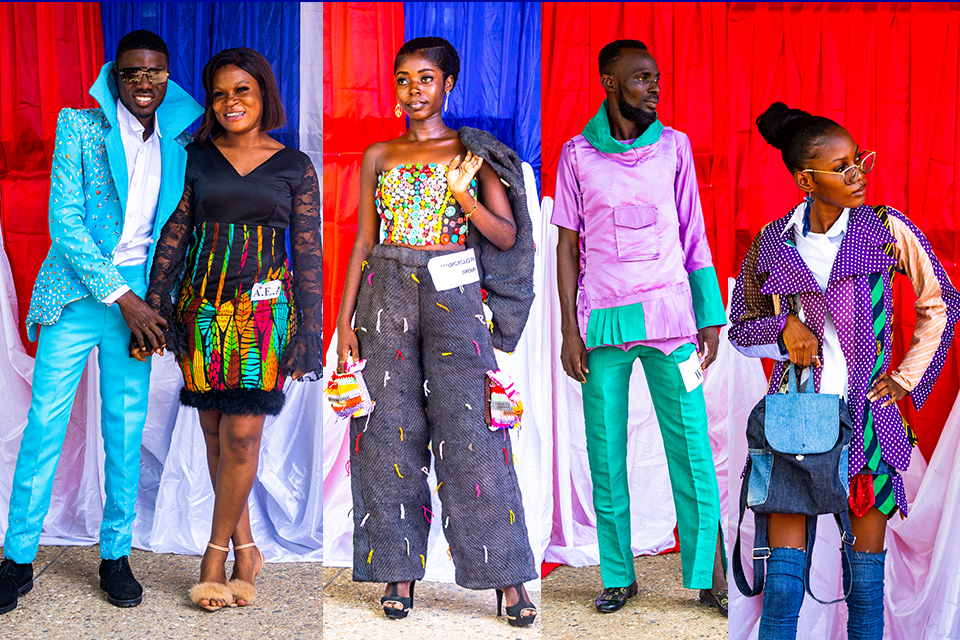UEW’s DCTE and DFLME Conduct Practical Workshop to Enhance Postgraduate Research Skills

The University of Education, Winneba (UEW) through its Departments of Clothing and Textiles Education (DCTE) with Family Life Management Education (DFLME) has organised a two-day workshop to build the research and digital literacy capacity of its postgraduate students.
Held on Thursday, 19th and Friday, 20th June, 2025 at the North Campus, the event focused on equipping students with hands-on skills in academic research and the responsible use of ICT, particularly artificial intelligence (AI).

Mrs. Victoria Ghanney, Head of DCTE, emphasised the growing demands of postgraduate education beyond the classroom. “This workshop is designed to provide practical training in research methodology, digital data management, academic referencing tools and scholarly communication,” she said. She encouraged students to actively engage in the sessions, noting that the ability to apply research knowledge and ICT tools was essential for both academic excellence and future industry relevance.

Prof. Emmanuel Osei Sarpong, Dean of the Faculty of Health, Allied Sciences and Home Economics Education (FHASHEE), commended the departments for their foresight and relevance in addressing the critical needs of postgraduate training. “The workshop’s hands-on model is especially commendable, as it bridges the gap between theory and application,” the Dean stated. He encouraged students to leverage the experience to enhance their contributions to scholarship and national development.

The workshop featured interactive presentations and practical demonstrations, including a standout session led by Dr. Daniel Danso Essel of the Department of ICT Education. Dr. Essel provided live demonstrations of AI tools such as ChatGPT, Claude, DeepSeek, Scite, Elicit, Connected Papers and Meta AI, showing students how to apply them across various stages of the research process, from topic selection and literature review to data analysis and ethical checks.
“AI is more than a search engine; It is a tool for learning, reasoning and improving academic output when used responsibly,” Dr. Essel stressed.

Another insightful session was delivered by Dr. Nelson Amponsah of the Department of Educational Management and Administration Education. He focused on key components in quantitative research, guiding students on how to properly anchor their concepts in relevant theories, methodologies, data collection tools and analysis.
Using relatable examples such as Maslow’s Hierarchy of Needs, Dr. Amponsah explained the deductive approach and stressed the importance of justifying theoretical lenses in academic work. “Without a theory, your research can lose direction,” he noted.

Mrs. Priscilla Yaaba Adjei, Head of DFLME, expressed deep appreciation to the facilitators and students for their full participation. “This is not the end of the journey. Let us continue to build on the skills we have acquired and apply them throughout our academic and professional lives,” she said.
She also acknowledged the seamless coordination of the event by Dr. Jacqueline Ogoe, describing her efforts as “practicable and inspiring,” especially in navigating logistical challenges creatively.
The workshop concluded with renewed enthusiasm from students and faculty alike, as participants committed to applying their newly acquired skills in their ongoing research projects. It reaffirmed UEW’s commitment to producing well-equipped graduates capable of navigating the demands of a dynamic and digitally driven academic landscape.













